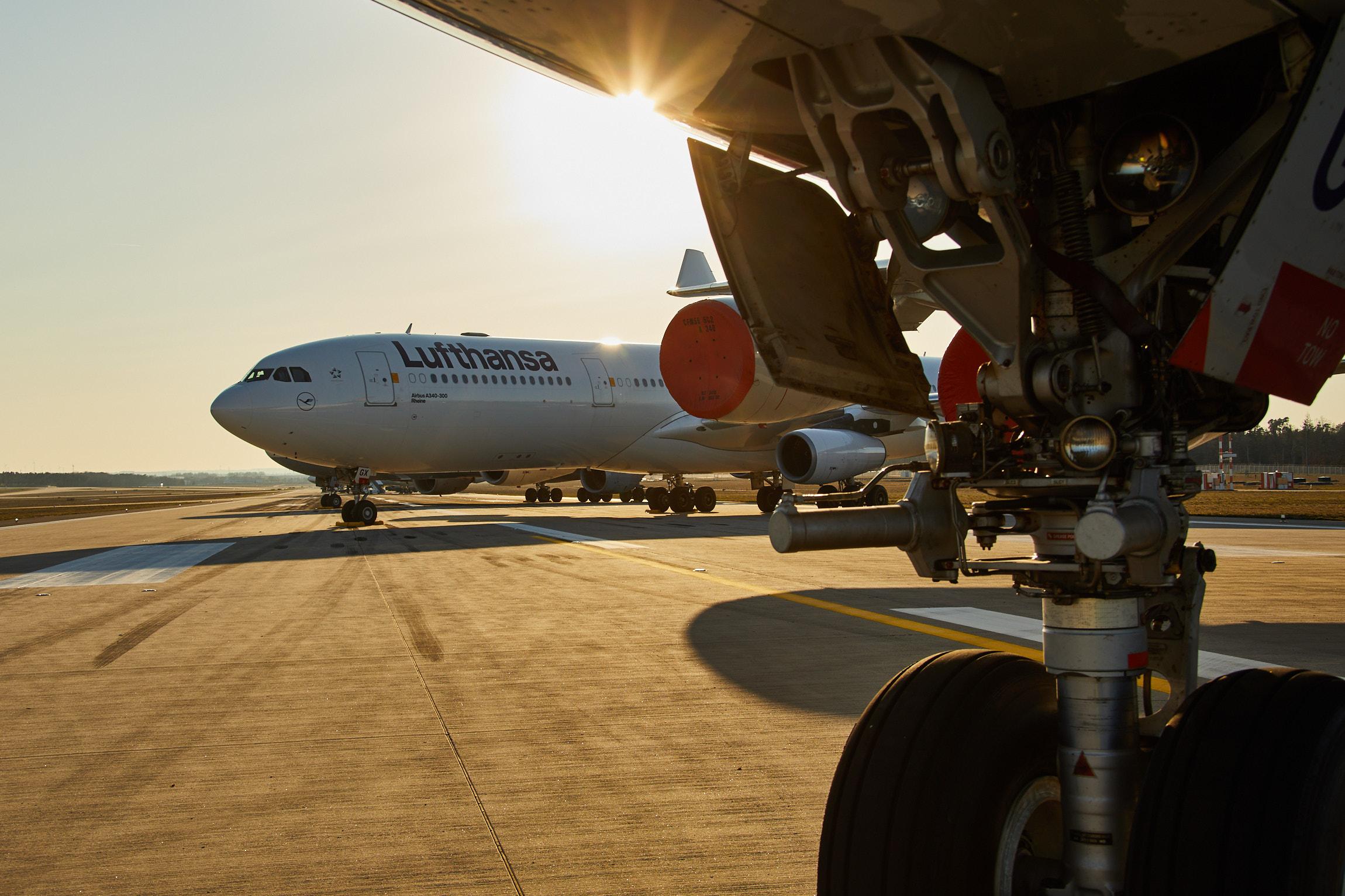Lufthansa Revises Capacity Plans Downwards, Posts Large Quarterly Loss

FRANKFURT–Lufthansa Group is revising further downwards its capacity planning for the 2020 fourth quarter (Q4), now that air transport demand in Europe is contracting further and no substantial re-opening of long-haul flights is in sight.
The airline wrote Oct. 20 in a regulatory filing that it now expects Q4 capacity to reach a maximum of 25% of 2019 levels given that infection rates remain high or are rising and that demand for air travel is expected to remain low for an extended period of time. Germany also plans to reinforce quarantine measures from Nov. 8 in what the airline and German airports consider to be a further blow—diminishing demand to well below 20%.
The 25% target is a massive revision of plans made over the summer. When the airline began to rebuild its network in July it hoped to offer around 60% of pre-crisis capacity by the end of 2020. That target was brought down to 50% later and, when COVID-19 infection rates began to rise again in Europe and travel restrictions were tightened, to a maximum of 30%.
Lufthansa has been a key driver behind an industry lobbying campaign to introduce mandatory pre-flight coronavirus testing for all passengers to replace quarantine rules. CEO Carsten Spohr predicted that with testing in place Lufthansa would be able to offer a substantial part of its long-haul network by the end of the first quarter of 2021. Yet, since then no substantial progress has been made. Germany plans to make a 14-day quarantine mandatory for all passengers arriving from regions that have high infection rates from Nov. 8 onward, though travelers who have spent less than five days abroad can get around that requirement by presenting a current negative COVID-19 test. The debate and uncertainty has nonetheless led to a tangible further fall in demand compared to the already low expectations.
Nonetheless, Lufthansa reiterated that it is “in a position to withstand further burdens in a pandemic.” The cuts are to ensure that flight operations “continue to generate positive cash flow.” At the same time, the airline is continuing to work on restructuring measures, although major deals with pilot union Vereinigung Cockpit and Verdi (ground staff) have yet to be reached.
Lufthansa Group also published selected preliminary results for the third quarter. The airline made a €1.2 billion ($1.4 billion) operating loss in the quarter, compared to a €1.3 billion profit a year earlier. In the first nine months of 2020, the airline group made a €4.1 billion operating loss, versus a €1.7 billion profit in the first three quarters of 2019. The airline burned through €2 billion in cash between July and September. So far it has used €2.7 billion of the €9 billion in state aid that the federal government approved in June. Net debt stood at €8.9 billion, €2.3 billion more than at the end of 2019. Liquidity stood at €10.1 billion.
“While there was a deferral of tax payments during the quarter, this looks to represent a good performance on cash preservation as the company seeks to preserve its independence over a crisis that still looks a long way from over–especially for an airline as focused on long-haul, business and connecting travel as Lufthansa,” Bernstein Research analyst Daniel Roeska wrote in a note. “With €10 billion on hand they can get to summer [2021] but will need to see demand recovering by then to push the entire company into cash contribution territory again, as current production levels will be unable to cover group overhead.”





